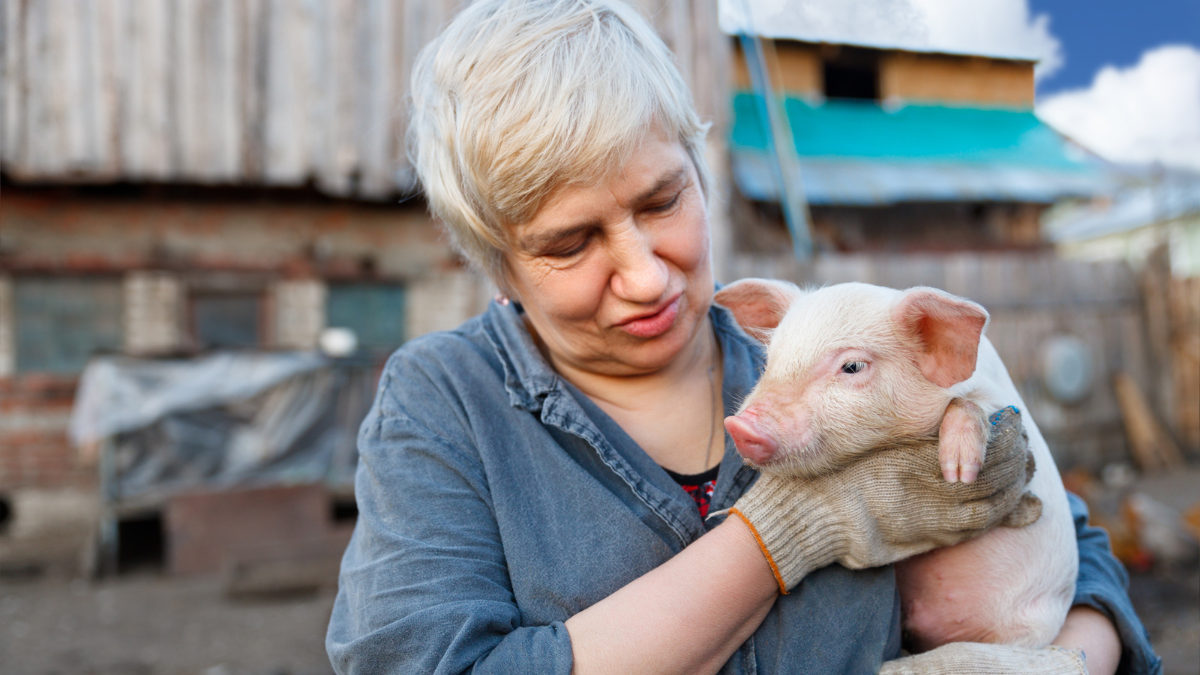Homesteading is innately frugal. It’s all about doing things that help you conserve resources and create a self-sustaining lifestyle.
Here are six examples of homesteading tenets that anyone can adopt.
Gardening
Gardening is essential for homesteading. It’s easiest if you have a large backyard, but those with a balcony or windowsill can still grow herbs, fruits, and vegetables with a green thumb.
Start with easy-to-grow plants, like tomatoes, basil, or peppers. This will build up your confidence and won’t take up too much space.
Food Preservation
Let’s say you’ve taken a shine to gardening and you need a way to use up your harvest without wasting it.
You can only give away so many tomatoes to friends; your best bet is to preserve and can them, so you have fresh produce in the winter. It might take a minute to learn how to do this, but it pays dividends when you have fresh salsa to enjoy in mid-January.
Creating Less Waste
Food preservation flows directly into another primary tenet of homesteading: wasting not and wanting not. For example, vegetable scraps can be turned into broth, and leftover food can be creatively repurposed into new meals.
Composting is another excellent practice that not only reduces waste but also enriches your garden soil. However you go about it, the goal should be finding ways to be more mindful about what you’re throwing away while also questioning whether something is worth buying in the first place.
Bartering
Bartering is a time-honored practice that fosters community relationships and saves money. Instead of spending cash on something you might only use or need once, consider trading skills or goods with friends, family, or even your neighbors.
Let’s say you’re an excellent baker and you have a neighbor who raises chickens. You’ll probably benefit from lots of eggs, which you can see if they’re willing to trade you for fresh bread. It’s an incredible example of cooperative resourcefulness that homesteading is all about!
Reusing and Recycling
Reducing use and waste is important, but so is reusing and recycling. Before tossing out items, consider how they can be repurposed.
Glass jars can be transformed into storage containers, old clothes can be repurposed into cleaning rags, and wooden pallets can be turned into garden furniture or planters.
This traditional homesteading practice not only saves money but also reduces your environmental footprint and encourages you to think more critically about the value of things.
Budgeting
Yes, budgeting is a homesteading habit. It just so happens that it’s also the ultimate frugal habit. Truthfully, this should be your frugal life baseline; any person who cares about living a frugal, simple life should have a budget they can use and reference to guide their financial decisions.
A well-planned budget allows you to track your income and expenses and identify areas where you can cut back. Budgeting can also help you stick to other homesteading habits. If you make less space for superfluous spending, you’ll reach for better ways to solve a problem that don’t involve spending.
Read More:
- 30 Ways To Get Free Stuff (That Aren’t Scams)
- 12 Best Coupon Apps To Help You Save Money
- 13 Ways To Earn Money From Paid Surveys [At Home, Online & More]

